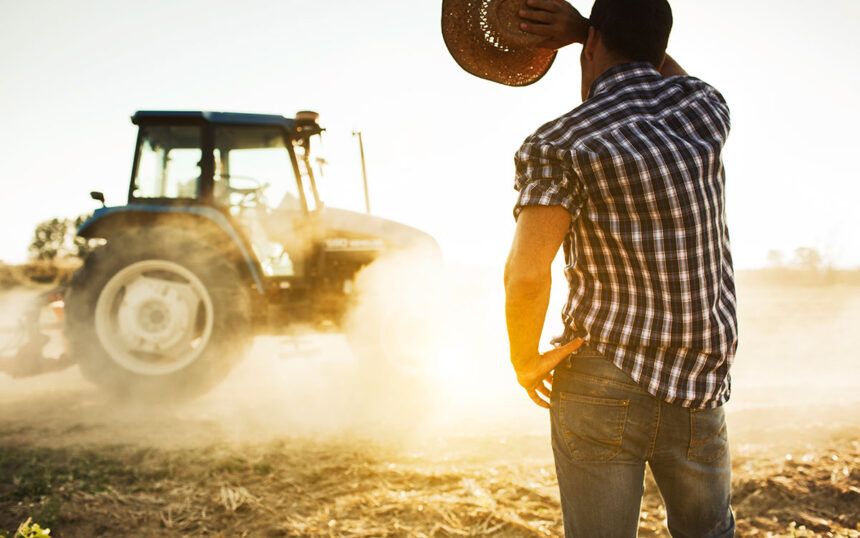
Brini Explains The Basics Of Small Farm Insurance
Small Farm Insurance
In farming, surprise is the norm. One minute you’re planting seeds and basking in the sunny glow of the year and the next you’re trying to protect your fledgling crops from an unexpected storm. We couldn’t change the weather, but we could change our reaction to life’s unknown challenges. Having solid small farm insurance has made all the difference for me.
Every farm, big or small, has unique risks they face each day, and small farms are no different. Being the owner of a small farm myself, I recognize the importance of having a robust insurance plan in place to provide protection from the unforeseen. From property damage, crop loss, or liability concerns, the right insurance equips farmers with the knowledge to sleep easy at night and spend more time growing their operations instead of worrying about what could go wrong.
In this article, I’m going to give you the lowdown on the essentials of small farm insurance and how to make well-informed decisions about what type of coverage you need to keep your farm safe and secure. Let’s get started.
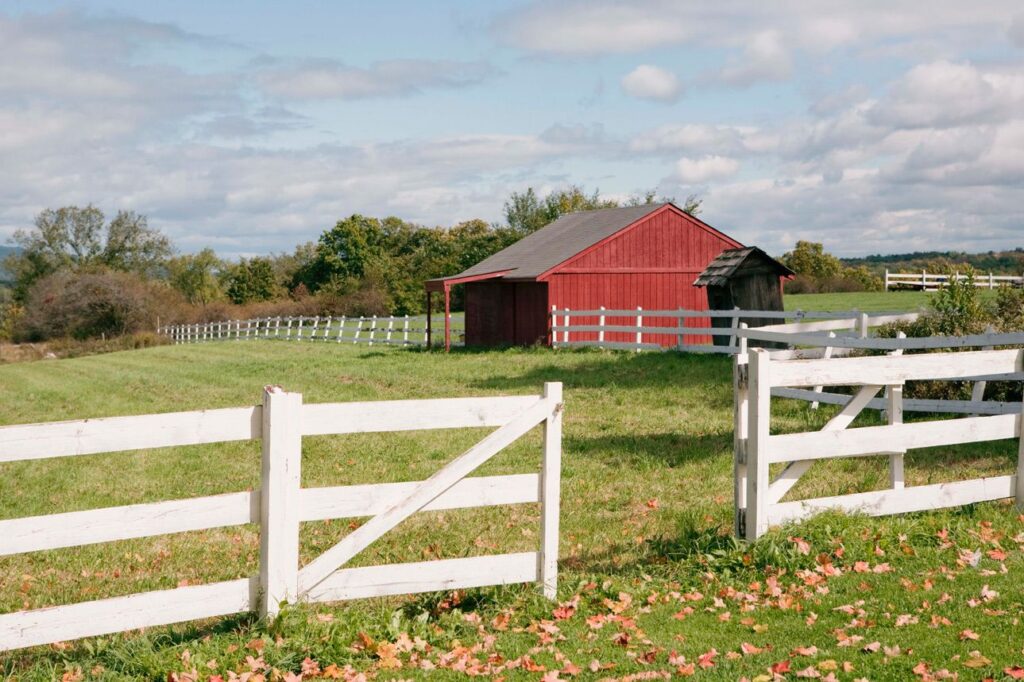
What Is Small Farm Insurance?
Small farm insurance helps safeguard farmers against all sorts of risks that could impact their property, livestock, crops, and other business activities. It is a specialized insurance policy designed specifically for small farm operations to meet the unique needs of small farms. Small farm insurance is tailored to smaller-scale farms and is more flexible and can be customized to the particularities of size, scope, and needs when compared to commercial agricultural insurance policies.
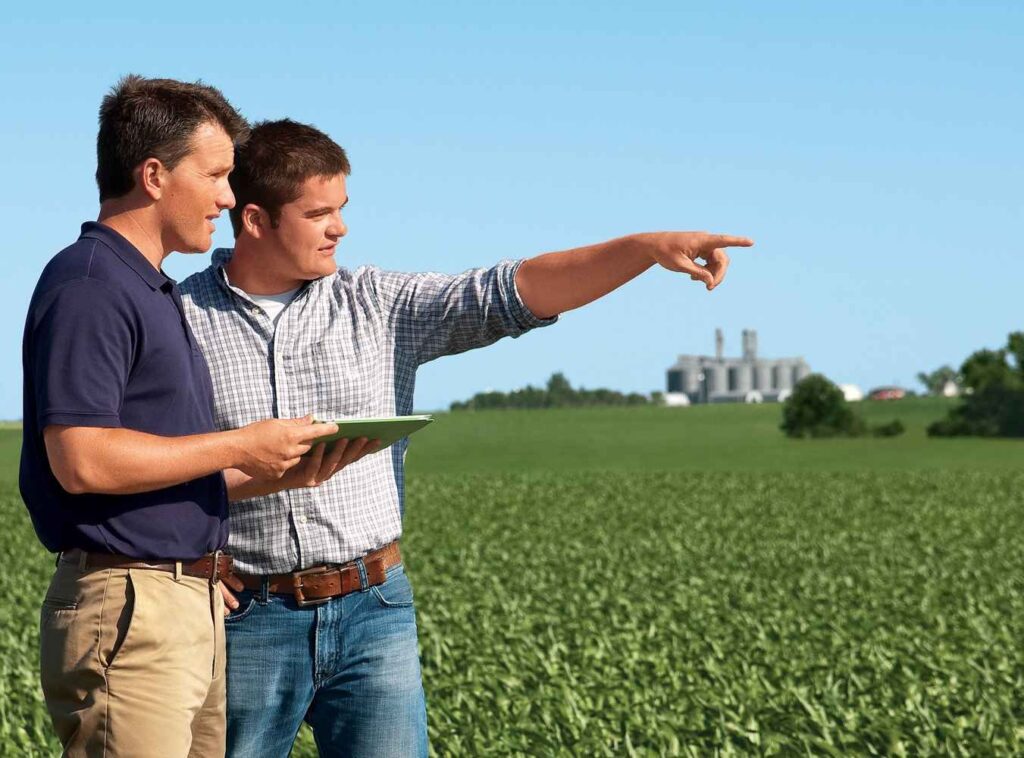
Small Farm Insurance Policies Generally Cover:
- Property Damage: Damage to barns, silos, storage buildings, and other farm structures resulting from accident, natural disaster or fire.
- Crops: Protection from loss of crops due to severe weather, pests, or disease.
- Livestock: Insurance for the loss or injury of farm animals, as a result of illness, accident, or theft.
- Liability: Coverage for claims of bodily injury or property damage occurring on your farm or the result of your farming operation.
Each farm is different, so the exact policy can vary depending on the size of the farm, the types of crops or livestock it produces, and the weather patterns in the region.
The Importance Of Small Farm Insurance
Small farms are vulnerable to many risks Large farms have resources to hedge against. Weather-related disasters, for instance, can destroy crops in a matter of days, and a surprise liability claim could cripple a small farm’s finances. Such events are just some of the potential hurdles for the Uneasy Farmer, and small farm insurance helps farmers better save money in case of unpleasant surprises.
Weather can switch on a dime. A storm, tornado, or flood can appear with little to no notice, inflicting severe damage to crops, buildings, and equipment. Having small farm insurance means that you’ll be able to bounce back from these setbacks much more quickly, so your farm can return to routine as quickly as possible.
Farmers are not unfamiliar with razor-thin margins. Small farm insurance reduces the financial risk of sudden mishaps that can be expensive to fix or replace like broken equipment or lost livestock. You can also recover and continue farming without the looming threat of losing everything with the right coverage.
It is important to keep yourself free of liability claims for your farm in a world of lawsuits. Whether someone is injured on your property or your farm products cause damage to someone else, small farm insurance can cover legal costs and settlements, protecting your assets and business from financial ruin.
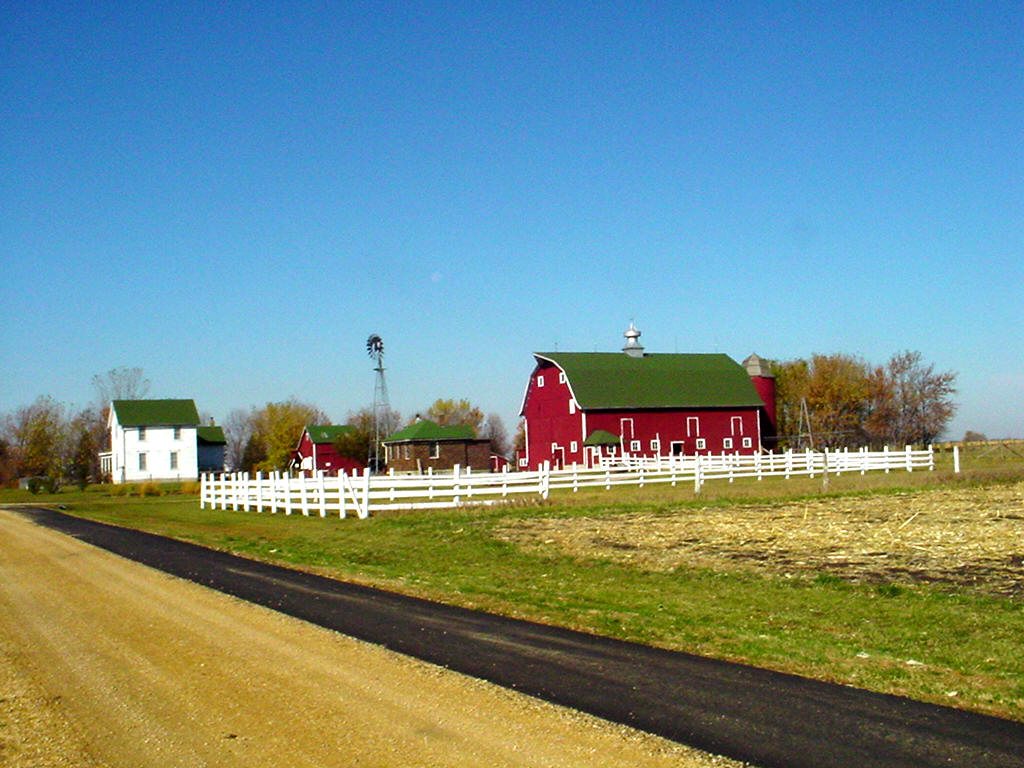
Small Farm Insurance Coverage: Key Types
The type of insurance you’d need for your small farm will depend on the unique needs of your operation. Here are some of the most common types of insurance coverage small farms may consider:
Regardless of whether you own a barn, greenhouse, or storage shed, farm buildings & structures are probably a significant part of your operations. Property insurance protects you, meaning that if these structures suffer damage or are destroyed, you’ll have the money to repair or rebuild.
If you grow vegetables, grains, or flowers, crop insurance is essential to protect your harvest. Such coverage helps to pay the costs of losing crops due to accidents like unanticipated weather systems, pests, or pests.
Farm animals are some of the most valuable assets on a farm. Livestock insurance: This insurance type protects your animals against loss, theft, or injury.
Liability for lawsuits if a customer or visitor is injured on your farm, or if your products cause damage. This can also include legal fees and settlements, so you don’t have to pay for this out of your pocket.
Agriculture is machinery- and equipment-dependent. If something goes wrong, it can suspend activity. In the event that equipment needs repair or replacement, equipment breakdown insurance helps offset the cost — so you aren’t scrambling to find money when you need it most.
Conclusion
Small Farm Insurance is Crucial for Small Farm Owners. Protect Your Investment, Livelihood, and Future as a Small Farm Owner. As long as you have the right coverage in place, you’re sure to make it through any storm, literal or financial, and keep your farm in operation. From coverage for crop loss or property damage to liability concerns, small farm insurance protects you against farm uncertainties so that you can focus on doing what you do best.
With a good understanding of small farm insurance basics, and the know-how to create custom coverage for your individual needs, you can make sure you put your farm in position to withstand anything that comes your way. Keep in mind, that it’s always better to have a plan than to be caught off guard when disaster strikes.
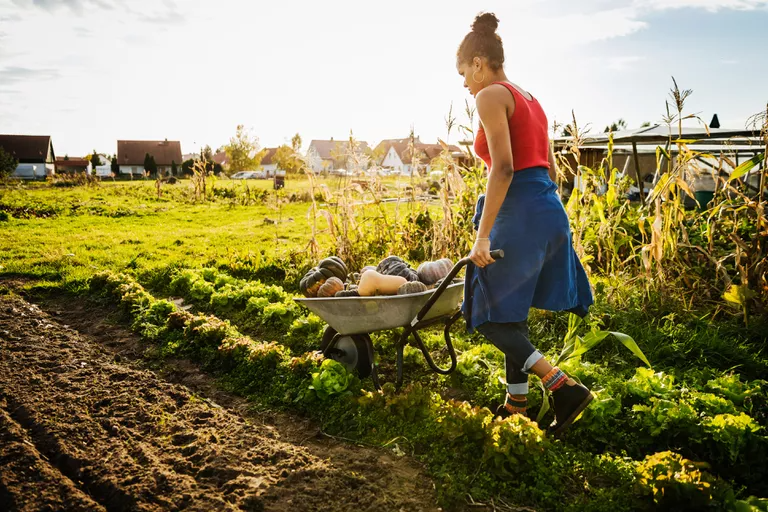
FAQ
Insurance costs vary based on farm size, location, what you are growing or raising, and how much coverage you want. Less-risky farms can pay a lower value than larger farms.
If you don’t have customers on your farm, liability insurance can still work to your advantage. It provides coverage for mishaps that occur on your land, which may be damage from livestock or injuring someone from machinery.
Crop insurance covers losses to weather, disease, and pests. These can be hail, drought, or flash flooding, which would drastically diminish yields.
Yes, small farm insurance is tailored for smaller operations with less extensive coverage needs than traditional farm insurance. It’s more flexible and affordable, making it suitable for small-scale farmers.
Several insurance providers indeed offer customization features, enabling you to add additional coverage as required. That could be ensuring a certain harvest or if it is broader broader-based coverage for liability.

